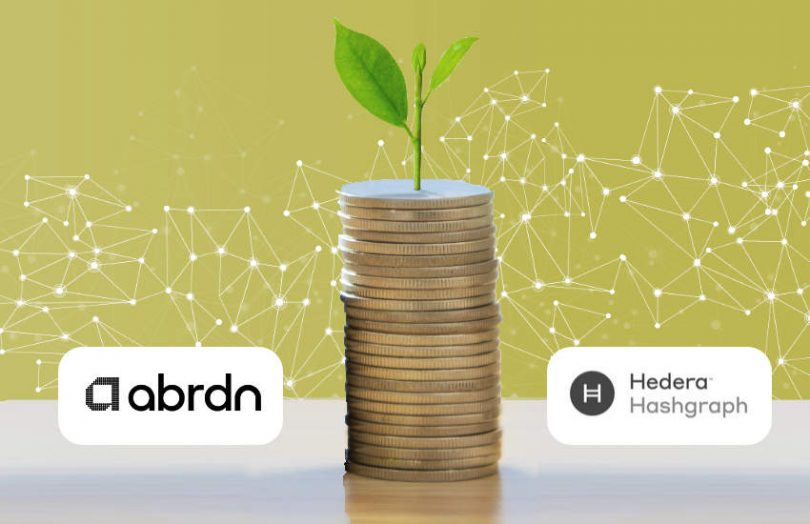Today Hedera announced that asset manager abrdn has joined its governing council. Unlike most public blockchains, Hedera is a distributed ledger, not a blockchain and the governing council is controlled by 27 large corporates, including IBM, Google, Boeing, Nomura, Standard Bank, DBS Bank and FIS.
With £508 billion ($577billion) in assets under management, abrdn is one of the UK’s largest fund managers. It’s exploring using Hedera for tokenizing funds.
“Becoming the first asset manager to be accepted on to the Hedera Governing Council further strengthens abrdn’s position as a leader in the development of the digital asset ecosystem,” said Duncan Moir, Senior Investment Manager at abrdn. “We chose to join a number of leading global organizations on the Hedera Governing Council, because Hedera’s emphasis on strong governance, innovation, and sustainability aligns closely with our values.”
In August abrdn invested in Archax, the institutional digital asset and crypto exchange. In the last six months or so, the asset management sector started to take a heightened interest in tokenizing funds.
In July, the UK’s Investment Association (IA) asked the UK’s regulator to create a framework for tokenized funds and called for a decentralised finance task force. Calasatone, the large fund distribution company owned by the Carlyle Group, has been ahead of the game. It shifted part of its backend to blockchain in 2019, and in early 2021, Calastone’s CTO shared his vision of tokenized funds with Ledger Insights.
Apex, the fund administration company, is another major player in the sector that has embraced DLT this year. It acquired FundAdminChain, one of its multiple moves in the sector.
Alliance Bernstein, the sister company of Equitable Life, is partnering with Allfunds Blockchain. Digital assets startup Securitize partnered with both KKR and Hamilton Lane to make funds previously only available to institutions accessible by high-net-worth individuals.
These are just a few highlights of a sector that’s waking up to the potential cost savings in distributing funds with a single source of truth.
And the potential broadening of the investor base through tokenization.






